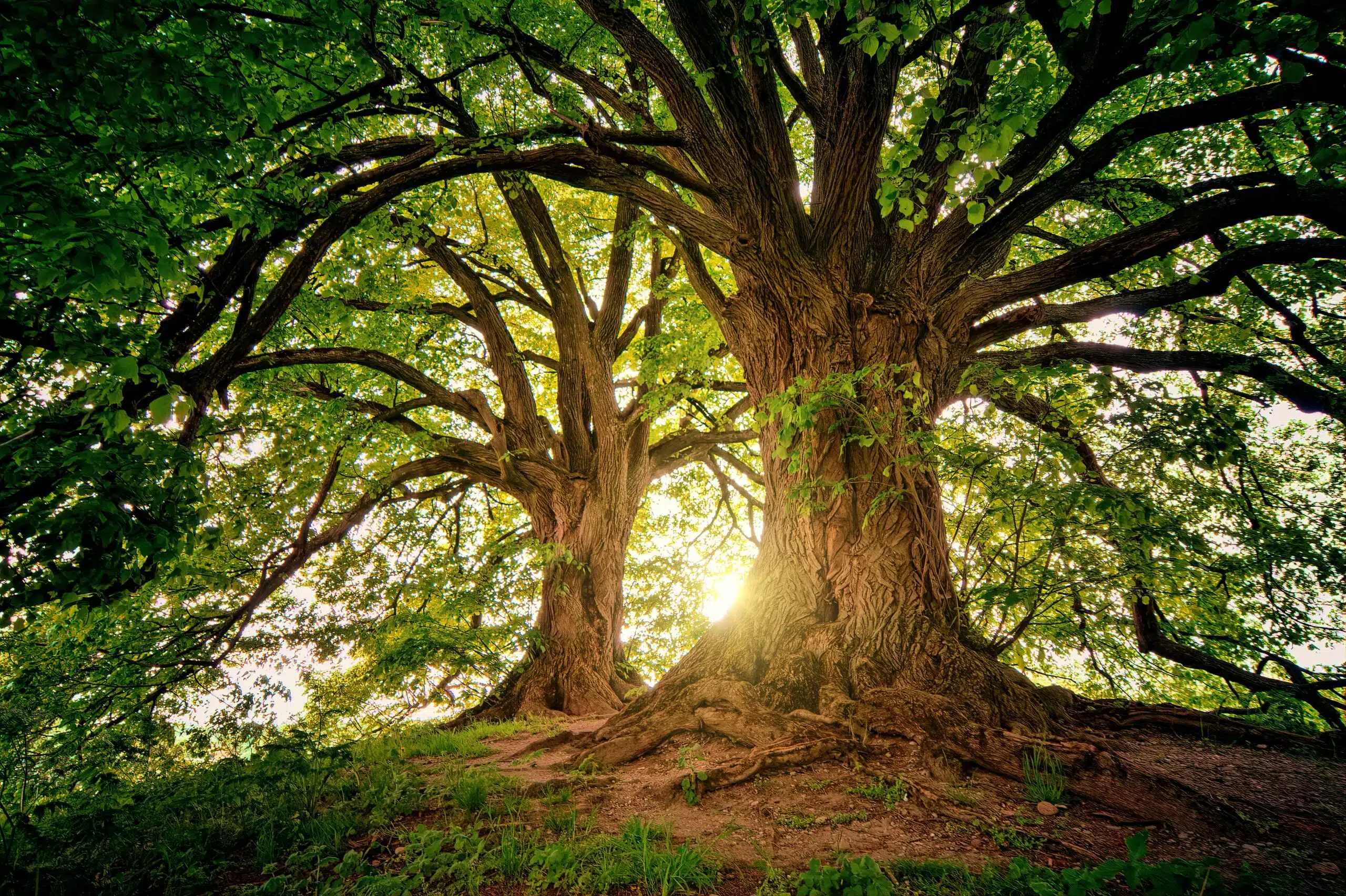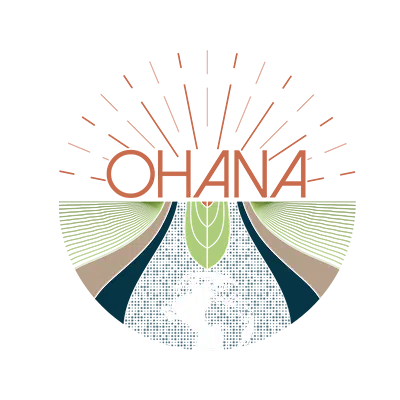
A Life On Our Planet, An Urgent Reminder To Businesses
There are few things as humbling as seeing how the earth has changed over a larger scale of time.
David Attenborough, a celebrated 93-year-old naturalist, has seen much of the world, its marvels and its changes, but his lifetime still only represents a tiny slice of the history of life on earth.
Even so, things have changed dramatically—far more than naturally—over the course of his lifetime.
In his fascinating new documentary, David Attenborough: A Life on Our Planet (streaming on Netflix), he illustrates how markedly our planet’s biodiversity has plummeted just over the course of his own lifetime.
This deeply moving film is a sort of autobiography of his career as a naturalist, while also serving as a plea to do everything we can to restore biodiversity.
This film is exactly the reason why we do what we do at Ohana Consulting. We believe that businesses have a role and are capable of changing the trajectory of our rapidly degenerating wild. We’re here to help businesses make that shift.
Want someone with deep experience and connections in the EU to help guide your sustainability strategy? Get in touch!
Why biodiversity is an emergency
The breathtaking imagery in this film only breaks your heart when you learn that most of it is gone—and that we’re on a timer. He shows the loss of rainforests with an eagle’s eye view on the sharp cutoff of the diverse jungle vegetation with the ever-growing rows of oil palms. He shows the images we’ve been seeing for years now: the melting ice caps with a polar bear swimming around, trying to find somewhere to sit and hunt. The stacks of gutted fish, the few large ones that were left in the ocean.
But what makes this film stand out is the timeline: the documentary is visually beautiful but terrifying. As the timeline moves forward, the viewer is presented with a few counters: the increasing human population and the decreasing percentage of biodiversity left. The numbers get scary.
The shocking retrospective is heartbreaking: images of Attenborough playing with gorillas as a young man, saying that he didn’t know it then, but “the forests and seas were already emptying.” The before and after footage is bleak and disheartening.
“Humanity has fabricated the illusion that somehow we can get by without biodiversity,” Achim Steiner, executive director of the UN Environment Programme.
The loss of biodiversity isn’t just a tragedy to nature. Humankind won’t get on without it. It’s not just for nature lovers—biodiversity is the very backbone of the ecosystems that support humanity.
Businesses can’t support the climate without supporting biodiversity
You can use recycled materials all you want and move away from plastics, but until businesses make restoring biodiversity their priority, the world may face the dreary future portrayed by Attenborough in this documentary.
The second half of this 80-minute film is a look into the future: the sad state of the world that awaits us in the next 10-50 years if we don’t take any action. And it’s not good news. Environmental catastrophe. Droughts, floods, the ocean turning into acid. Food production will be devastated, and by the end of the 2050s, there would be no more fish in the sea. In the 2080s—another pandemic.
Currently, the extinction rate is 1000x higher than the natural rate. By the time you’re done reading this article, another species will have seen its last day on earth. Most of this is due to land use change, animal agriculture and deforestation. If things keep going this way, it would now take 1.6 earths to meet our demands.
In the last 30 minutes of the film, he delivers some hope: there still is a chance for us to save biodiversity (without having to eradicate humankind!). The solutions, he says, are within our grasp. A shift to plant-based diets, intentional restoring of biodiversity, and stricter protection of nature are all steps we can take collectively.
Business owners have a role to play.
Aside from saving nature, lives and our planet, businesses can also reap benefits from prioritizing the planet’s biodiversity.
The advantages for businesses of prioritizing sustainability and biodiversity:
- Predictable, stable supply chains
- Business models with long-term viability
- Better operational efficiency
- Increased market share
- Access to new markets, products and services
- Improved relationships
This is vital, this is urgent.
Even if you aren’t a nature lover or a naturalist, the nature is our planet. It’s our livelihood—from the food on your plate to the water in your glass.
If you’re a business owner who wants to not only save your business but also help save the planet’s biodiversity, you can. If you don’t know where to start with your sustainability strategy, get in touch with us. That’s what we do.
Find out all the ways a public affairs consultant can help your business, and let us help you demystify all that public affairs and the European Commission entails.
Want someone with deep experience and connections in the EU to help guide your sustainability strategy? Get in touch!
Join our newsletter to keep up to date with the latest news and information coming out of the EU.


